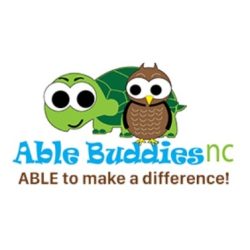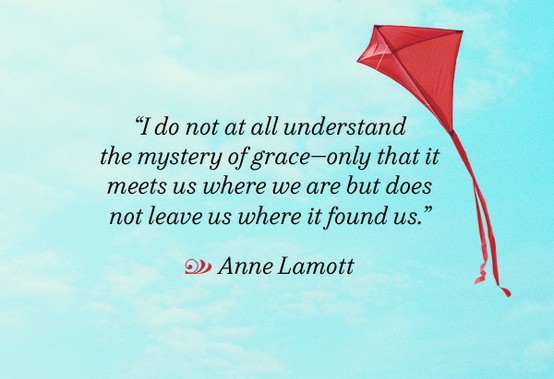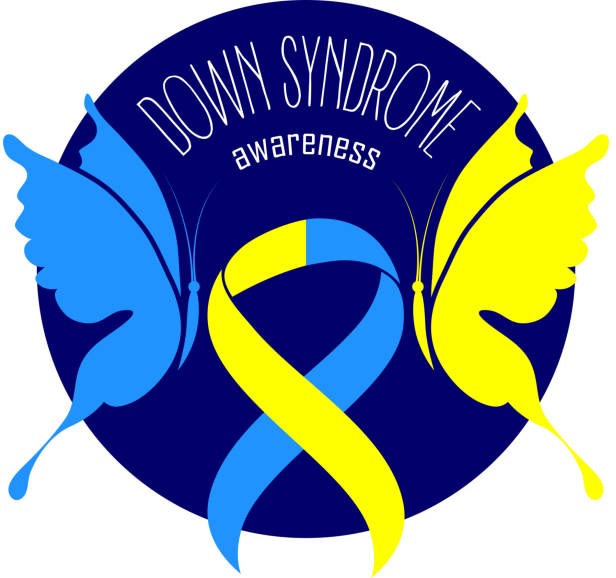The Mom was exasperated and worried, but she lit up when the little girl offered my son her toy. Liam flitted off disinterested in the gesture and the Mom said “oh, I wish he would have taken it. She doesn’t usually engage with other kids.” I smiled and started a friendly conversation. She began to tell me how her daughter is in speech therapy, isn’t talking much and then she said her doctor wanted her to schedule an autism evaluation. I was about to mention that my sons are autistic, and that my 2 year old is also in speech therapy, and that he is also being evaluated for autism spectrum disorder, but I paused. I paused and reminded myself of what it feels like the first time a doctor says that to you. I remembered what it feels like to meet non-speaking ten year olds when your child is 2 and in that moment the scariest feeling in the world is “What if they never speak?” I remembered the rawness of my first steps along Corbin’s autism journey, and the fear of the unknown swallowing me whole. The mom continued “of course it doesn’t matter if she is. We just want to offer her whatever support she needs” the Mom continued to self-soothe as she shared with me how much she just wants her daughter to be okay, and she doesn’t care about a “label.”
I never told her that I had stood in her shoes. I never told her about where I stand now. I didn’t say “it’s easier the second time” or “there’s worse things than not speaking.” I didn’t say “it gets harder but you get stronger.” I didn’t tell her how it’s not at all just a label, it’s a lifestyle, and you will never ever have the life you imagined. You will fight and cry for that life. You will grieve and a piece of you will die, and then you will open your eyes and begin to embrace the life you have, with the child you love. You will move heaven and earth for your child, and they will silently wait for you to stop, let it all go, and walk this windy road beside them.
I didn’t say anything because I remembered what I needed most when we were embarking on our autism journey. I needed grace and space. I needed to think about it wrong, and self-correct. I needed to embrace it, deny it, get angry, and confused. I needed to be allowed to wish it wasn’t so, and then find ways to say it was good. I needed to tell strangers at the playground that everything was going to be okay. I needed to find a way to be where I was when I wasn’t ready to be there, and I didn’t know what I needed to do, or how I was going to do it right. I needed to be allowed to do it wrong. I needed to battle with regret. I needed to break.
I watched this mom cracking, and I told her how beautiful and curious her daughter was. I asked if she was always such a leader. Mom said yes, it was her favorite thing about her. We talked about her stubbornness and praised it. I asked how does she understand her daughter if she can’t talk? This was always my favorite question to answer. I would love to share about our secret language and how we never missed a beat. This mom told me all about how her daughter is so creative in getting her attention and her needs met. Mom began to relax as her fearless, creative leader commanded the playground.
There’s a lot of books, blogs, and opinions out there for moms raising children with special needs. Some are helpful, some are condemning, and others are overwhelming. I am mindful of how I try to “help” others because I’ve often found the help to add to the chaos.
I have two son’s diagnosed with autism, and recently a doctor suggested we do an autism eval for my youngest son, after his 2 year old well-visit. I’ve been processing this in all the ways a mother does, but there’s something unique this time.
Corbin is 10 years old, nonspeaking, and diagnosed with severe autism. I’ll be honest, when he was Liam’s age, the thought of him not speaking at 10, or having the challenges, and disabilities he has today were my greatest fear. I fought hard to ensure we gave him every advantage to make sure this wouldn’t happen. And yet, here we are, and every morning I wake up with so much joy and gratitude for the life I once feared. I have embraced the fear. I’ve snuggled it, and kissed it’s dirty forehead. I have played with it and tickled its feet. I am not afraid of it.
I hope Liam speaks, and I hope life comes easy for him. I hope he doesn’t have to endure the challenges that Corbin does, because they’re hard, and they require an enormous amount of energy from both Corbin and those who love him. That being said…I’m not afraid. Autism doesn’t scare me anymore. It’s no longer the unknown. We’ve danced in the abyss and lived to blog about it.
I know that I need grace and space to find my footing here. I know that Liam needs the same. I know that every mom who hears the word autism at their two year olds well visit needs to be able to fumble through their darkest fears and find their feet beneath them, and realize they’re okay. I know that sometimes while they’re doing that they may say or think the wrong thing. They may make mistakes, have regrets, and negatively affect their children and themselves in the process. I know this is the journey, and I’m not afraid of the mistakes I’ll make this time. I’m not afraid of the passing thoughts and feelings that I don’t know how to integrate. I know it’s all happening for me. I know that with every smile and tear Liam’s mother is being made. I’m not mad at myself for not being what he might need tomorrow. I am proud of myself for being what he needs today.
Dear Mom on the Playground,
For a moment I got to watch your painful becoming, and it was beautiful. You are beautiful. Your daughter is beautiful. I see your future, and it is beautiful.
You are not alone,
Janaiah



